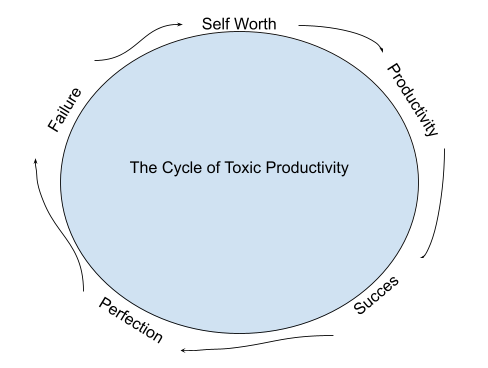There are many issues with our educational model, and like every system, they can be fixed. A fundamental problem with education isn’t what students are taught or even how, it is much more intangible. The culture within schools, how students are incentivized to work hard, and the ultimate subconscious goal of our education system must be reworked.
Because of the advancing competitiveness of education in our world, schools have had to push all students harder. Much of this push can be seen in class environments where expectations have been raised. This alone is not negative, but when combined with a normalizing notion that every student should be the extreme (straight A’s, sports, extracurriculars, passion projects, inventions, volunteering, leaders, champions, etc… and all at the same time) there is almost no way for students to succeed. And it is this problem, the problem with our definition of success that needs to be changed.
What I have experienced in school, along with many of my peers and possibly the entire nation, is a cycle of toxic productivity. The cycle of toxic productivity starts when we begin to associate part of our worth with subjective productive outcomes like good grades. Protracted and consuming homework is not simply a task for school but a subconscious requirement in order to feel validated. The cycle worsens with age as external educational expectations intensify and a student’s life becomes defined by their productive outcome. This fixation on productivity and its resulting effect on self-worth deny the possibility that a person’s time is well spent unless it meets this productive expectation.
The problem with our school culture is that it praises students who give in to this cycle, who give up their identity to fit a mold of perfection, who only accept validation when actions are ‘productive’. When we fail to accomplish productive tasks we are met by anxiety, sadness, and a blow to esteem. Therefore, every action must have a productive outcome otherwise it is seen as a ‘waste’.
It doesn’t end with tasks either, but in the way that schools reinforce how we accomplish productivity. We have defined progress as productivity and in doing so created a cage of our own shortcomings. If students fail to be productive then they fail to make progress. Progress is the only way to succeed and yet we have made the definition of academic success perfection. Once a student succeeds they are expected to succeed in all of other aspects, not just in school. What is a student who gets perfect grades, a leader in and out of class, a champion in sports, an inventor, a volunteer, etc… other than perfect?
Our problem is that success is inseparable from productivity and perfection. We only give validation to students who are the extreme. We deny that students have worth outside of the confines of this single narrative; that action can have value without being productive. 
Recently, I worked at a summer camp for young creative writers. I was surprised to discover that many students were enrolled in multiple such writing camps. The youngest student proudly boasted that she was enrolled in a handful of summer writing camps. I realized that productive expectations are shoved down onto these children at a young age. I believe it can leave them without opportunity to explore and develop their authentic self. It has become almost unacceptable, for those with the resources, to allow their children any time off. How can we continue to see the detrimental health effects (physical and mental) for children by synonymizing productivity with success and not act? Is there not a better alternative? Can we re-train ourselves to reward and find esteem in who we are, not what we do or produce?
We should instead focus on a culture that makes progress in learning the goal rather than success. Progress should be defined by growth, not by output. We should instill a love of learning rather than a fear of failure. We should shift away from a single narrative, a single mold of perfection, and instead emphasize one that praises students for improvement in any aspect.
